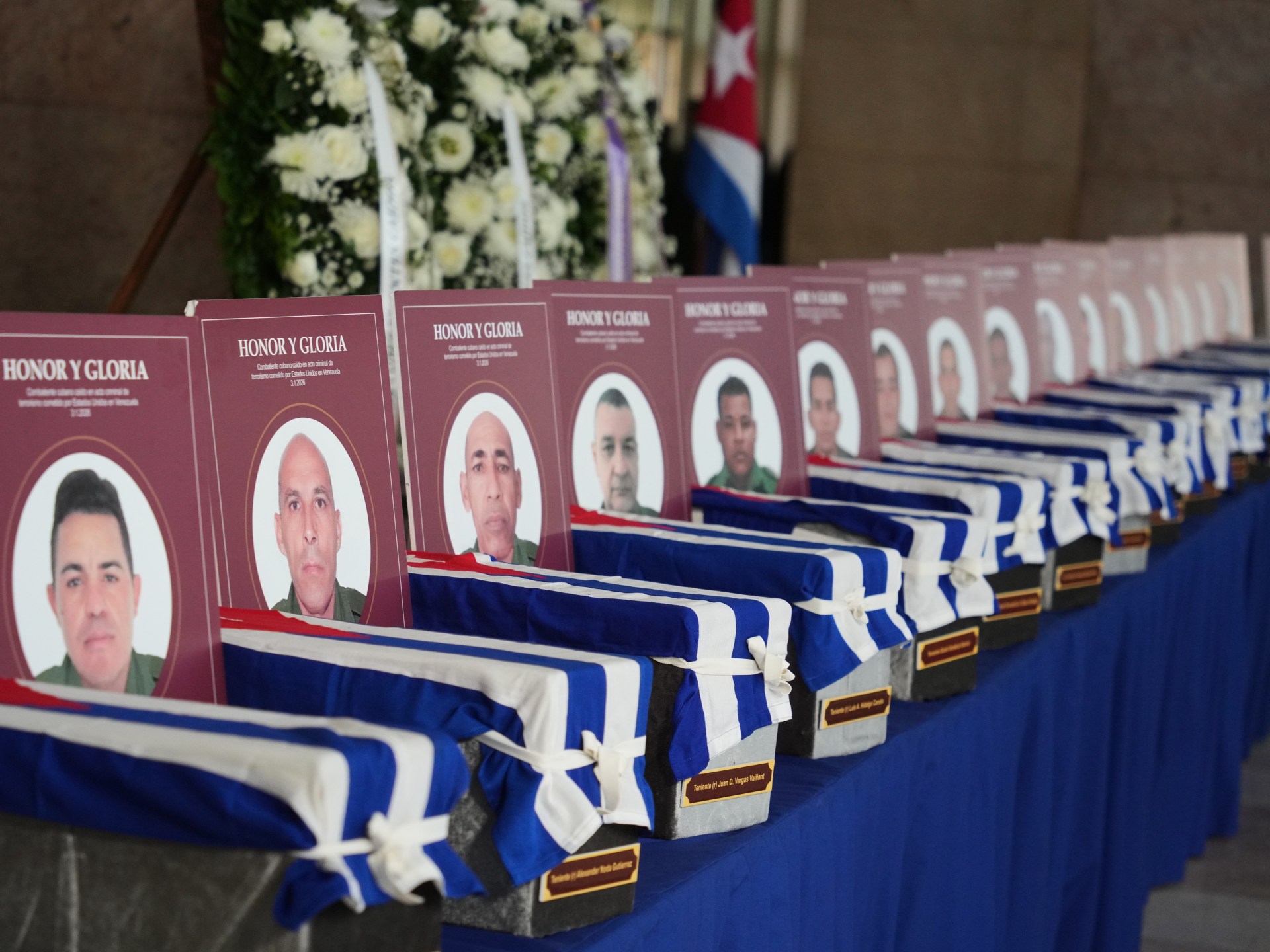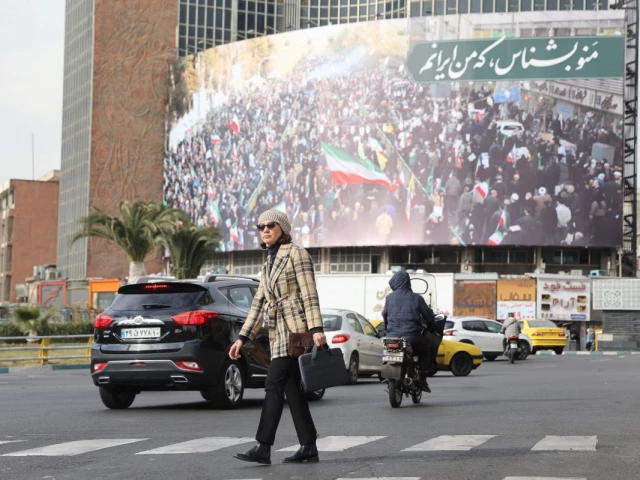- ASG Martha Pobee briefs Security Council on nationwide upheaval and human rights concerns in Iran (15 January 2026) ReliefWeb
- UN Security Council holds emergency meeting on deadly protests in Iran Al Jazeera
- US warns Iran that ‘all options are…
Category: 2. World
-
ASG Martha Pobee briefs Security Council on nationwide upheaval and human rights concerns in Iran (15 January 2026) – ReliefWeb
-

Back from the brink
Iran steps back from repression as protests fade, opening a narrow window for dialogue with the US
Better sense has prevailed in Iran as protesters have…
Continue Reading
-
Europeans send troops to Greenland as Trump presses claim – Reuters
- Europeans send troops to Greenland as Trump presses claim Reuters
- European military personnel arrive in Greenland as Trump says US needs island BBC
- European troops arrive in Greenland as talks with US hit wall over future Al Jazeera
- Greenland’s…
Continue Reading
-
Severe winter weather in Gaza prompts upsurge in shelter aid: UN-Xinhua
UNITED NATIONS, Jan. 15 (Xinhua) — Aid partners are scaling up operations since severe winter storms ripped hundreds of tents and makeshift shelters from more than 3,000 people in Gaza, UN humanitarians said Thursday.
The UN Office for the…
Continue Reading
-

Cuba pays tribute to 32 soldiers killed in US attack on Venezuela | US-Venezuela Tensions News
Cuban president says soldiers fell defending ‘sovereignty of a sister nation’ amid escalating tensions with Washington.
Published On 15 Jan 2026
Cuba has paid tribute to 32 of its…
Continue Reading
-
Pakistan, seven Muslim nations back Palestinian technocratic body, stress Gaza-West Bank unity – Arab News
- Pakistan, seven Muslim nations back Palestinian technocratic body, stress Gaza-West Bank unity Arab News
- Gaza plan phase two: US to discuss Hamas disarmament, Israeli withdrawal Al Jazeera
- US launches phase two of Gaza peace plan with new…
Continue Reading
-
Iran strikes delayed as Trump aides and Israel raise concerns – Axios
- Iran strikes delayed as Trump aides and Israel raise concerns Axios
- Trump Live Updates: Iran Conflict, Venezuela Oil Blockade and More The New York Times
- Netanyahu said to have asked Trump to push off on Iran strike The Times of Israel
- Israel…
Continue Reading
-

Iran protests appear to slow under weight of brutal crackdown | Iran
Iran’s nationwide protest movement appeared to have slowed on Thursday under the weight of a brutal crackdown by authorities that has left thousands dead and put tens of thousands in prison.
In Tehran, Iranians reported relative calm on the…
Continue Reading
-

US imposes sanctions on Iran over crackdown on protesters
US sanctions Iran’s security council secretary, IRGC commanders, and law enforcement officials
An Iranian woman walks on a street in Tehran, Iran, January 15, 2026. Majid Asgaripour/WANA (West Asia News Agency) via REUTERS
…Continue Reading
-
Europeans prepare military exercises in Greenland, Trump’s ambitions undeterred – Dawn
- Europeans prepare military exercises in Greenland, Trump’s ambitions undeterred Dawn
- European military personnel arrive in Greenland as Trump says US needs island BBC
- European troops arrive in Greenland as talks with US hit wall over future Al…
Continue Reading